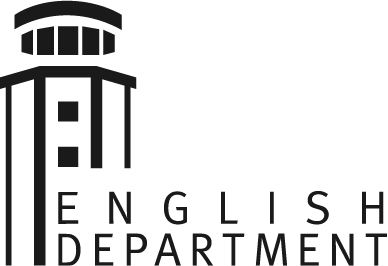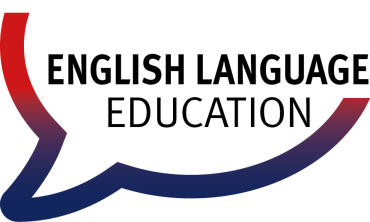JENS-FOLKERT FOLKERTS
Investigating the Status Quo of Teaching and Assessing Listening Competences
Listening competence in EFL contexts is an underrepresented aspect when it comes to evaluating oracy skills that are necessary to create successful communicative situations. The focus of their assessment lies on creating reliable, objective, and valid test designs that show how competent the listener is regarding the extraction of general or detailed information from appropriate authentic texts (Rossa 2012, 57ff). Considerable genres for listening comprehension have to offer enough information for an adequate number of test items and they should also be linguistically complex enough to grade the student’s competence correspondingly (Field 2009, 58).
It is questionable whether this approach generates a positive backwash on the development of oracy. Even a well-designed listening comprehension test with this disposition does not show whether the learner’s understanding of extracted information is fundamental enough to be processed further. Accordingly, recent test designs fail to assess the full range of student’s possible listening comprehension competences especially with regard to the requirements of high stakes exams. Since NRW is going to introduce the assessment of listening comprehension in the Zentralabitur 2025, alternative schemes and patterns of listening comprehension test designing that still are reliable, valid, and objective, but also allow the evaluation of more competence levels, are a desideratum.
Consequently, the first step of the present design-based study is the evaluation of the status quo of listening comprehension at practice. First results that will be presented in more detail reveal that in classrooms and schoolbooks a dysfunctional and outdated comprehension approach is still predominant, which underlines the imperative of a positive backwash that can be produced from listening comprehension in high stakes exams. On the basis of this evaluation the study will eventually provide quantitative and qualitative evidence for the aforementioned theoretic fundament.
Field, J. (2009): Listening in the language classroom. Cambridge: Cambridge University Press.
Rossa, H. (2012): Mentale Prozesse beim Hörverstehen in der Fremdsprache. Eine Studie zur Validität der Messung sprachlicher Kompetenzen. Frankfurt: Peter Lang.
After graduating in 2014 at the University of Duisburg-Essen, Jens Folkerts started his practical teacher training and after that has been working as a full-time teacher for English and German at Heinrich Böll Gesamtschule, Oberhausen, from 2015-2021. He joined the WWU ELE team in February 2021 and is currently working on his PhD thesis which focuses on foreign language listening comprehension.


